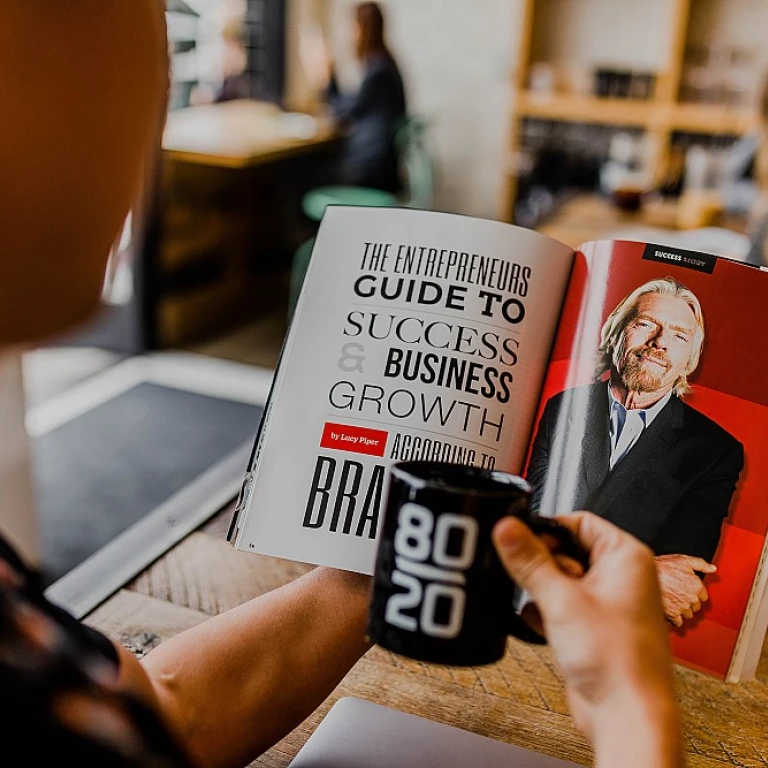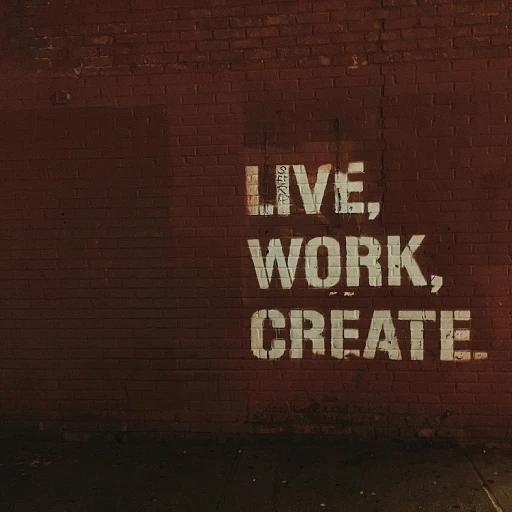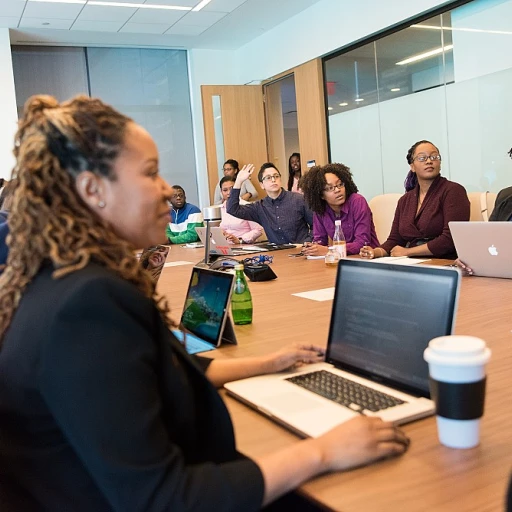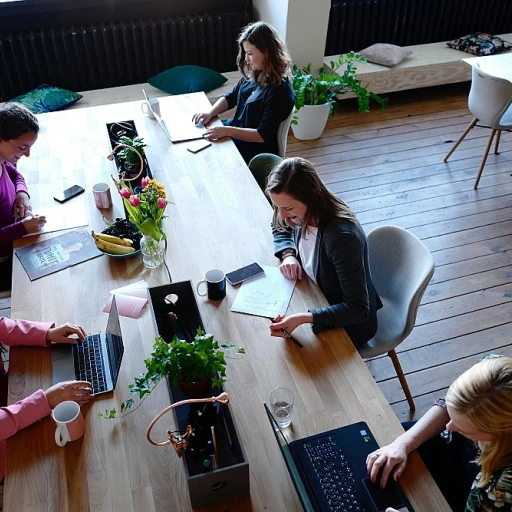
Understanding the Evolving Landscape of Manufacturing
Shifting Dynamics in the Manufacturing Industry
The manufacturing industry is undergoing a significant transformation, driven by technological advancements and changing market demands. As companies strive to remain competitive, they must adapt to these evolving dynamics. This shift is not just about integrating new technologies but also about rethinking the entire approach to staffing and workforce management.
Technological Advancements and Their Impact
With the rise of automation, artificial intelligence, and the Internet of Things (IoT), manufacturers are facing a new era of industrial manufacturing. These technologies are reshaping the way work is done, requiring a workforce that is not only skilled in traditional manufacturing roles but also adept at handling advanced machinery and digital tools. This evolution is creating a demand for a new set of skills, pushing companies to rethink their hiring strategies and staffing solutions.
Globalization and Supply Chain Complexities
Globalization has further complicated the landscape, as manufacturing companies now operate in a more interconnected world. This has led to increased competition and a need for a more agile and responsive supply chain. As a result, businesses must ensure they have the right talent in place to navigate these complexities and maintain efficiency. This requires a strategic approach to staffing, focusing on both short-term and long-term needs.
Addressing Labor Market Challenges
The labor market is also presenting challenges for the manufacturing sector. Labor shortages and a skills gap are becoming increasingly prevalent, making it difficult for companies to find qualified candidates. This is where innovative staffing solutions and partnerships with staffing agencies can play a crucial role. By leveraging these resources, manufacturers can better address their staffing needs and ensure they have the skilled workers necessary to meet future demands.
For more insights on developing a comprehensive talent strategy, consider exploring how to craft a long-term talent strategy that aligns with the evolving landscape of manufacturing.
Identifying Key Skills for Future Manufacturing Roles
Spotlighting Essential Competencies for Tomorrow's Manufacturing Roles
The manufacturing industry is undergoing a profound transformation, influenced by technological advancements and evolving consumer demands. For companies aiming to remain competitive, it's crucial to identify the skills necessary for the future workforce. In the industrial sector, traditional skill sets need augmentation with modern competencies. As manufacturing companies integrate advanced technologies, there's a growing demand for workers proficient in digital skills and automation. Here are some of the pivotal skill areas shaping the future of manufacturing:- Technical Proficiency: With the rise of automation and robotics, manufacturers are increasingly seeking employees who can troubleshoot and maintain complex machinery.
- Data Literacy: As more businesses rely on data-driven decision-making, workers equipped with data analysis skills are invaluable.
- Adaptability and Problem Solving: In an ever-evolving industrial manufacturing environment, companies need employees who can tackle new challenges and solve problems efficiently.
- Interpersonal and Communication Skills: Despite the technological focus, collaboration remains at the heart of successful manufacturing operations. Clear communication is essential, especially when interfacing with diverse teams.
- Regulatory Awareness: As the landscape changes, so do the regulations. Workers with keen insights into compliance and safety standards are crucial to maintaining operations and avoiding disruptions.
Challenges in Sourcing Qualified Candidates
Overcoming Obstacles in Talent Acquisition
The manufacturing industry is not without its challenges when it comes to staffing. As companies strive to meet evolving demands, they face significant hurdles in sourcing qualified candidates for their workforce. Here are some of the most pressing challenges:- Labor Shortages: Many manufacturing companies, particularly in the United States, are grappling with labor shortages. These shortages are amplified by the increasing need for skilled workers amidst an aging workforce, creating a substantial skills gap in the industry.
- Skills Mismatch: The rapid advancement in technology requires manufacturing workers to possess not only traditional skills but also technical expertise. Identifying key skills for future manufacturing roles becomes crucial in bridging this gap.
- Geographic Disparities: Certain regions may have a greater supply of skilled workers, while others struggle to meet demand. This inconsistency complicates the hiring process for manufacturers looking to tap into the local labor market.
Innovative Candidate Sourcing Strategies
Revolutionizing Candidate Sourcing Approaches
In the face of shifting demands in manufacturing, companies are now compelled to rethink their approach to sourcing candidates. This evolution is integral to bridging the skills gap and ensuring sustained competitiveness in the industry.- Leveraging Technology: The advancement of technology has provided staffing agencies and manufacturing companies with tools to streamline the hiring process. Implementing data-driven platforms can help predict hiring needs and enable employers to match candidates' skills more accurately to job requirements.
- Utilizing Various Staffing Models: Industrial manufacturing requires flexible staffing solutions to address fluctuating labor demands. Embracing a mix of permanent, temporary, and contingent staffing can ensure that businesses meet both immediate and long-term workforce needs.
- Enhancing Collaboration with Staffing Firms: Manufacturers are increasingly collaborating with staffing firms to tap into pools of skilled workers. This partnership aids in swiftly countering labor shortages and accessing talent pipelines that might otherwise be out of reach.
- Nurturing Skills Development: An emphasis on training and upskilling is crucial for adapting to industrial innovations. Companies that invest in the development of their employees not only bolster their internal skills base but also attract job seekers eager to enhance their capabilities in the manufacturing sector.
- Innovating Recruitment Strategies: To remain competitive, businesses are adopting creative recruitment strategies such as virtual job fairs and digital marketing campaigns. These strategies expand reach and attract a diverse pool of candidates, addressing diversity and inclusion goals.
The Role of Diversity and Inclusion in Manufacturing Staffing
The Significance of a Diverse and Inclusive Workforce in Manufacturing
In the ever-evolving industrial sector, the role of diversity and inclusion in staffing cannot be overlooked. Manufacturers today face numerous challenges in sourcing skilled workers to meet growing demand. With ongoing labor shortages and a noticeable skills gap, businesses are finding innovative ways to harness diverse talent pools. A diverse workforce not only brings varied perspectives and creative solutions to complex issues, but it also enhances the company’s ability to innovate and adapt. By fostering an inclusive environment, manufacturing companies can attract and retain top talent, ensuring long-term competitiveness in the global labor market.- Enhancing Creativity: Diverse teams promote a wider range of ideas and solutions, leading to innovative approaches in both the production and management processes.
- Better Representation: A workforce that reflects the broader community can better understand and meet diverse customer needs, which is particularly relevant in the United States' multicultural society.
- Improved Performance: Studies consistently show that companies who embrace diversity often perform better financially, benefitting from a richer array of skills and experiences.













